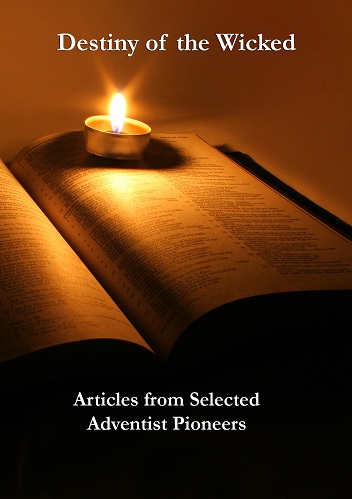John Petit
Since reading the book some few years ago titled "The History of the Reformation of the 16th Century" by J.H. Merle D'Aubigne, I have always been favourably impressed by the account of one named John Petit. The thought of this man's motive in giving has always been a cause for gladness and joy in my heart. Please read the following excerpt from that book concerning this man:
"The priests, thanks to the king's sword, began to count on victory; yet schoolmasters, musicians, tradesmen, and even ecclesiastics, were not enough for them. They wanted nobler victims, and these were to be looked for in London. More himself, accompanied by the lieutenant of the Tower, searched many of the suspected houses. Few citizens were more esteemed in London than John Petit, the same who, in the house of commons, had so nobly resisted the king's demand about the loan. Petit was learned in history and in Latin literature: he spoke with eloquence, and for twenty years had worthily represented the city. Whenever any important affair was debated in parliament, the king feeling uneasy, was in the habit of inquiring, which side he took? This political independence, very rare in Henry's parliaments, gave umbrage to the prince and his ministers. Petit, the friend of Bilney, Fryth, and Tyndale, had been one of the first in England to taste the sweetness of God's word, and had immediately manifested that beautiful characteristic by which the gospel faith makes itself known, namely, charity. He abounded in almsgiving, supported a great number of poor preachers of the gospel in his own country and beyond the seas; and whenever he noted down these generous aids in his books, he wrote merely the words: "Lent unto Christ." He moreover forbade his testamentary executors to call in these debts." JHMD DHR Book 20 Chapter 15 page 0863 paragraph 1





